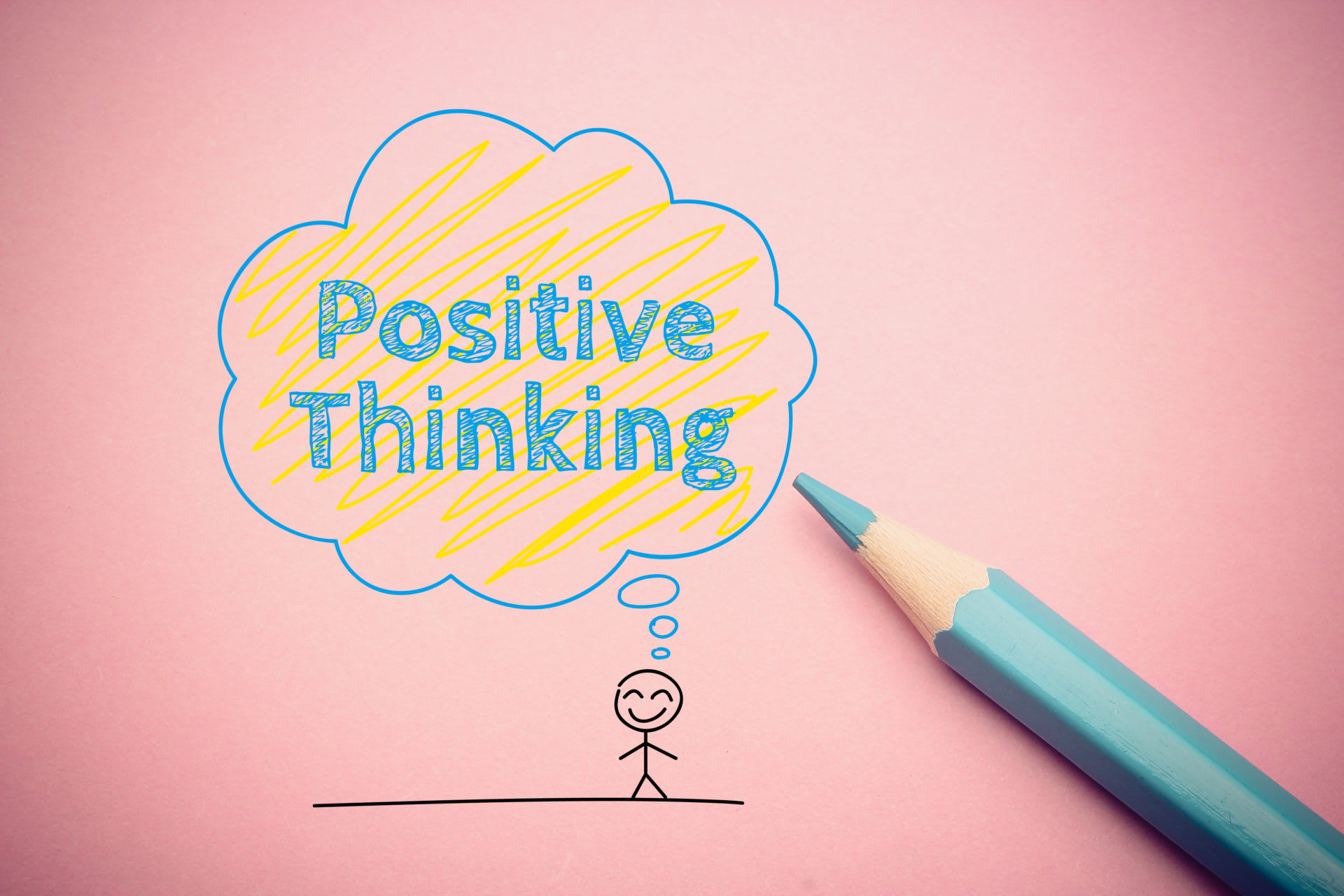A negative environment = negative thoughts = negative self-image = a negative view of the world. Fortunately, a process of reframing negative thoughts into positive ones is a simple way to help retrain the brain to think more positively and create a more enjoyable life.
“I’m totally going to fail this test.”
“Everyone thinks I’m so weird.”
“I’m so stupid.”
These negative statements sound familiar? Hear your students blurt them out only to leave you feeling confused on how to respond? Teens today are deeply affected by negative influences such as social media, TV, stressed-out parents, and even their own peers.
According to Mary K. Alvord, Ph.D., a psychologist and co-author of Conquer Negative Thinking for Teens, “The habit of negative, exaggerated ‘self-talk’ can affect academic and social success, self-esteem and happiness.” Psychological research shows that what we think can have a powerful influence on how we feel emotionally and physically, and on how we behave. Research also shows that our harmful thinking patterns can be changed.
ANTS- Automated Negative Thoughts are thoughts that automatically enter our brain while we are experiencing everyday situations. Unfortunately, ANTS are plaguing teens today more than ever. When the majority of teens encounter a situation, their thoughts are trained to view things negatively.
Here is what this looks like in the real world:
Lisa walks by a group of popular girls in the lunch room and they burst out laughing as soon as she passes by. The ANT comes to Lisa’s brain as, “They are totally laughing at my hair. I should never have worn it like this. I look so dumb.” The likely scenario is they were laughing about something that happened over the weekend or a funny joke someone shared. What can we do as educators to help reframe Lisa’s thoughts to be more realistic and positive?
Here is what we can do, as educators:
We have a great opportunity to help students stop, take a step back, look at the bigger picture and guide them to the truth about themselves instead of what the world may be telling them. The first step is to consider the lense in which our students are viewing the world through. How they interpret situations is ultimately connected to how they view themselves.
According to Raising Teen Girls, many therapists and mentors will probe their patients with some simple questions to help reframe their thoughts. For example, take Lisa again. As you pass out an exam, you hear her quietly say to herself, “I am totally going to fail this.” You can stop her and ask her one or all of the following:
- Is that really true?
- What is the evidence that it’s true? (If there is no evidence- it is not true)
- How does that thought make you feel?
- How would you feel differently about this test if you didn’t have that thought?
Students who make statements like this are desperately seeking attention and crying out for an encouraging word from anyone. You can be that person, but it takes assertiveness and effort.
The next step is to guide them to reframe their thoughts into more positive statements. After class you could say something like, “Hey Lisa, I know you have taken my exams and done well before. You are not going to fail this test.” Just a simple opposite statement can snap her back to reality. Or you can provide hope with something like, “Even if you were to do poorly on the test, I think you could get through that. I have seen you get through difficult things before.”
Additionally, engaging students with activities in class that help them manage their thoughts and emotions is another crucial yet practical step to help them deal with negativity. EVERFI provides a free, digital resource for teachers and students looking to work on positive thinking called Character Playbook: Building Healthy Relationships. In addition to the online activities, educators have access to offline resources such as discussion guides.
In Lesson 1 of EVERFI’s Character Playbook Course, students analyze how external influences and their own personal qualities, strengths, and goals can affect their thoughts and behaviors. Students complete a variety of exercises to learn how to form a positive self-image and to distinguish their unique perspective from external influences in order to make smart decisions. Character Playbook is available on your EVERFI dashboard (under “Additional Courses”).


